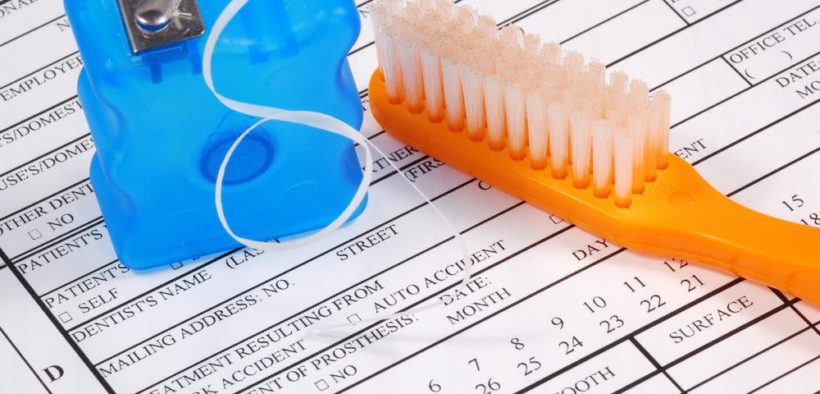Dental Care – Top tips maintain your teeth easily

When it comes to keeping your mouth healthy, there’s far more to it than bright beaming smiles and straight rows of pearly whites. Good oral hygiene extends well beyond the teeth, to have a set of strong, healthy gums. This means using the correct products, as well as creating good dental hygiene habits early.
Clean your tongue
While many of us have heard of plaque buildup on the teeth, few of us realize that it can also build up on the surface of the tongue. This can cause foul breath and lead to a host of other oral health problems. Use a tongue cleaner or gently brush your tongue every time you brush your teeth. This is a great practice to start incorporating into your brushing routine.
Flossing is as important as brushing
Flossing is the best way to get between the teeth for those annoying pieces of food that get stuck. But, besides that, it is also a great way to help lower inflammation in the gums, reduce plaque and stimulate more blood flow to the area. Even flossing once a day can help your oral health improve significantly.
Learn how to brush properly
Having the right toothbrush is only the first step. How you brush is equally vital because poor brushing technique is almost as bad as not brushing at all. Spend time cleaning in smooth circular movements to remove plaque correctly. Plaque growth that goes unchecked can harden, leading to calculus buildup and early gum disease or gingivitis.
Use mouthwash
Mouthwash can lower the amount of acid in the mouth, remineralize the teeth and clean hard-to-brush areas in and around the gums. A mouthwash can be particularly helpful when you are traveling, have sensitive gums or for children or elderly folks who can’t floss.
Check with your dentist for specific mouthwash recommendations for children, sensitive teeth and more.
Use a fluoride toothpaste
Forget about flavor, tooth whitening and crystals that promise fresh breath. When it comes to toothpaste, look for fluoride first. While there has been a lot of talk about how fluoride use can impact other areas of health, when it comes to your teeth, this is still your best bet. A leading defense against tooth decay, it protects your teeth by fighting germs that can lead to decay.
Brush before you go to bed
While every dentist will tell you to brush your teeth at least twice a day, many of us still forget or are too lazy to brush our teeth before we sleep at night. Brushing before bed helps you get rid of the plaque, germs and any food that accumulate throughout the day.
Learn how to floss properly
Unlike brushing, flossing takes some practice and skill. Look for ready-to-use dental flossers to make the process easier, especially for little children and older adults with arthritis.
Schedule dental appointments twice a year.
Even if you are super careful about how you brush your teeth, the tools you use and the techniques you employ daily are not enough. Seeing your dentist for a check-up and cleaning at least twice a year can help you avoid cavities and allow removal of calculus. Dentists are trained to spot potential issues and offer treatment solutions well before they cause your teeth any significant damage. If your health insurance covers dental check-ups then use it, especially if you have been prone to frequent cavities or problems with your gums and teeth.






















